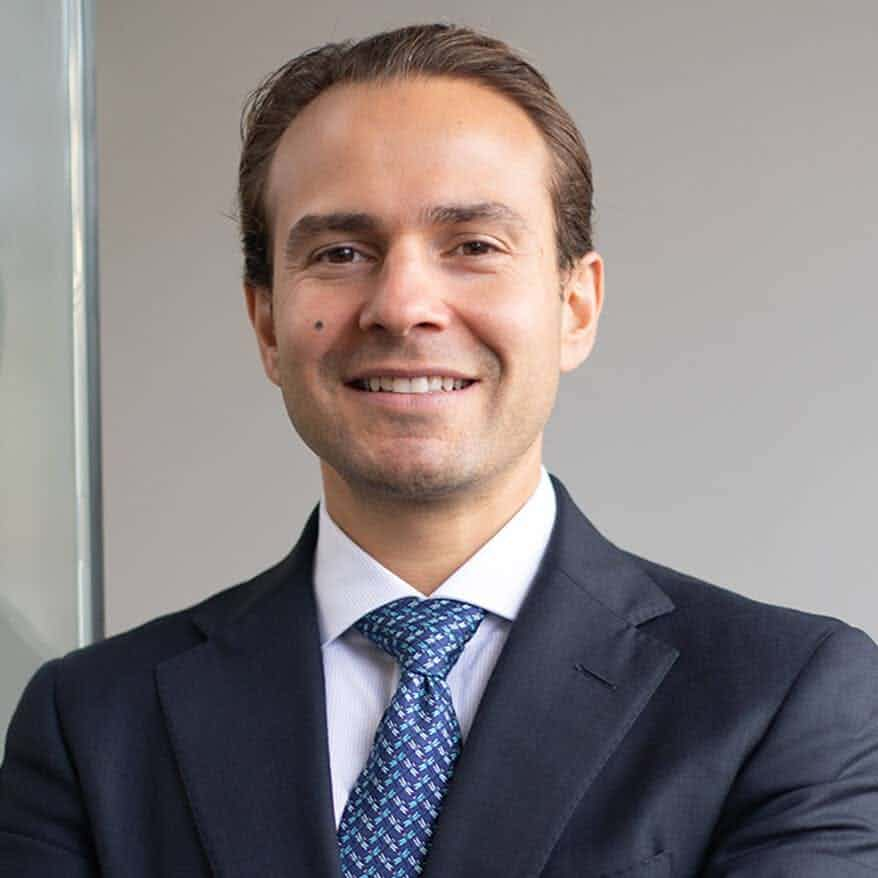This case involves a sixty-three-year-old patient who sustained a perforated sigmoid as a result of a colonic procedure. The patient had a significant history of recurrent breast cancer and was undergoing chemotherapy on a regular basis which resulted in chronic constipation. The patient went to an alternative health center to have a colonic, and, at the time of the procedure, no medical history was taken. The client was asked to fill out a one-page form, on which she wrote that she was seeing three physicians, two of whom she indicated were oncologists. No one asked her any questions, however, until 10-15 minutes into the colonic procedure. Once the cancer and chemotherapy treatments were revealed during a conversation with the colonic technician, the procedure was immediately stopped and the tech told the patient that it would be a good idea to speak to a physician. The patient began to experience severe pain after she left the colonic center and had to undergo laparoscopic surgery to repair a tear in her colon that was leaking toxic waste into her abdominal cavity.
Question(s) For Expert Witness
1. What are the risks or complications from colonic therapy and should this patient have had a more thorough medical history taken?
Expert Witness Response E-006649
As a result of colonic therapy, illness and even deaths have resulted from contaminated equipment, electrolyte imbalance, or perforation of intestinal walls. People with diverticulitis, ulcerative colitis, Crohn's disease, severe hemorrhoids, rectal or colon tumors, or who are recovering from bowel surgery may be at higher risk of bowel injury and should have their medical history known before the time of therapy. People with kidney disease or heart failure may be more likely to experience fluid overload or electrolyte imbalances. An additional significant risk from the procedure includes infection, and equipment must be adequately disinfected between uses to prevent infections being transmitted from one client to another.
About the author
Michael Talve, CEO
Michael Talve stands at the forefront of legal innovation as the CEO and Managing Director of Expert Institute. Under his leadership, the Expert Institute has established itself as a vital player in the legal technology arena, revolutionizing how lawyers connect with world-class experts and access advanced legal technology. Michael's role involves not only steering the company's strategic direction but also ensuring the delivery of unparalleled intelligence and cutting-edge solutions to legal professionals. His work at Expert Institute has been instrumental in enhancing the capabilities of attorneys in case preparation and execution, making a significant impact on the legal industry's approach to expert consultation and technological integration. Michael's vision and execution have positioned the Expert Institute as a key facilitator in the intersection of law and technology.



